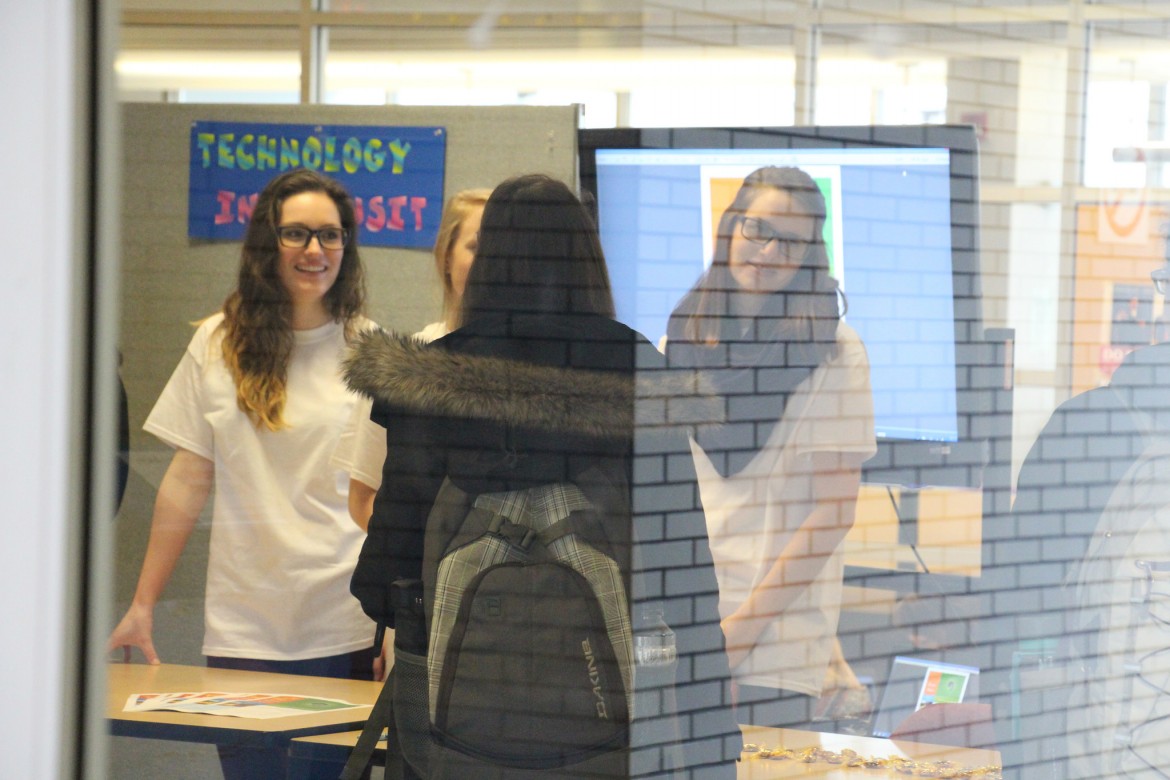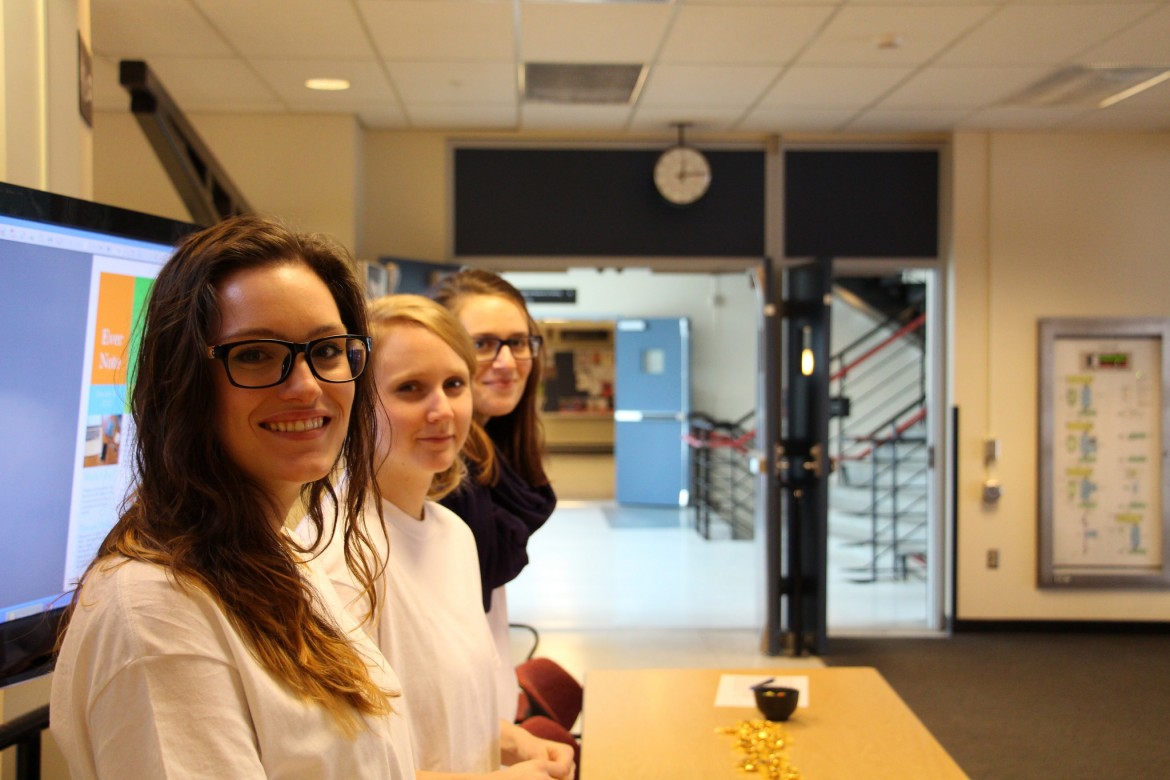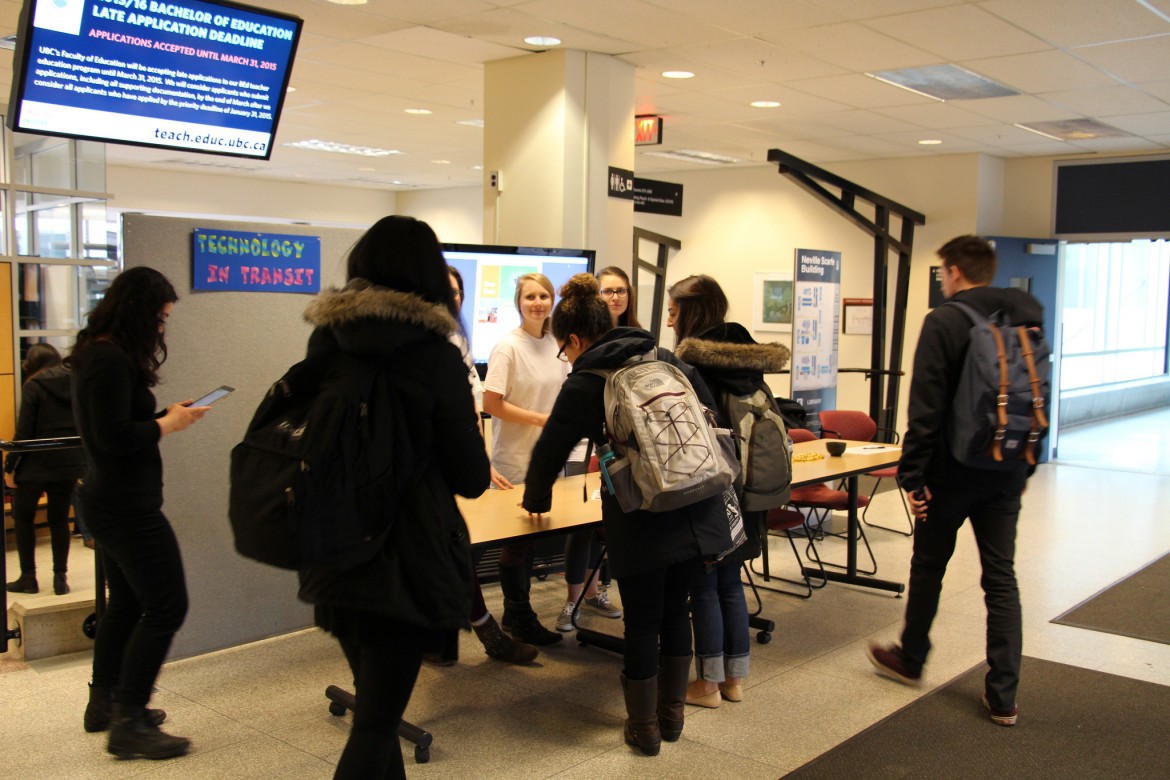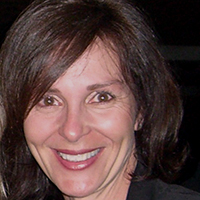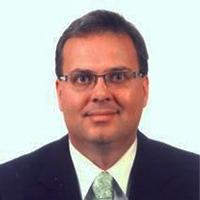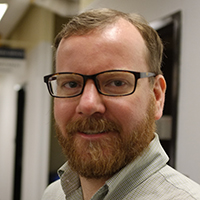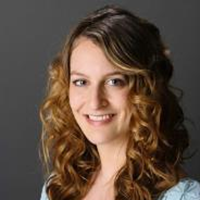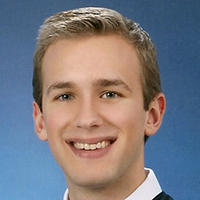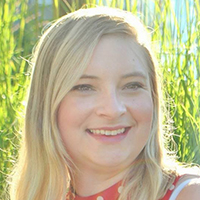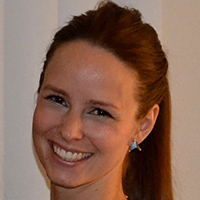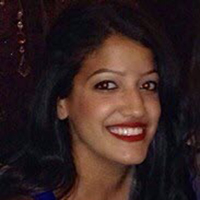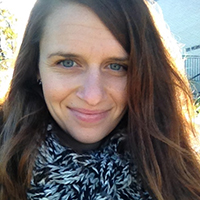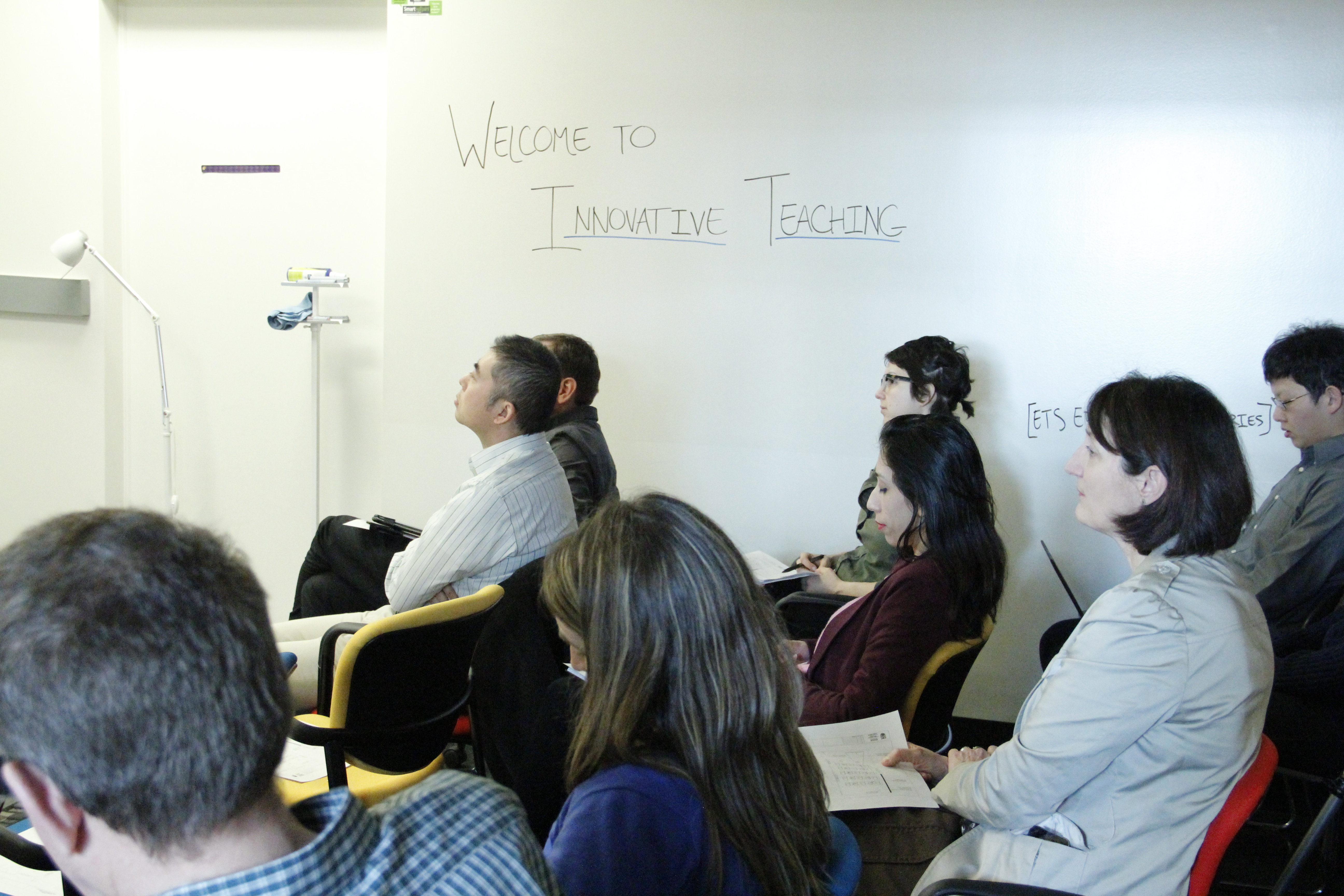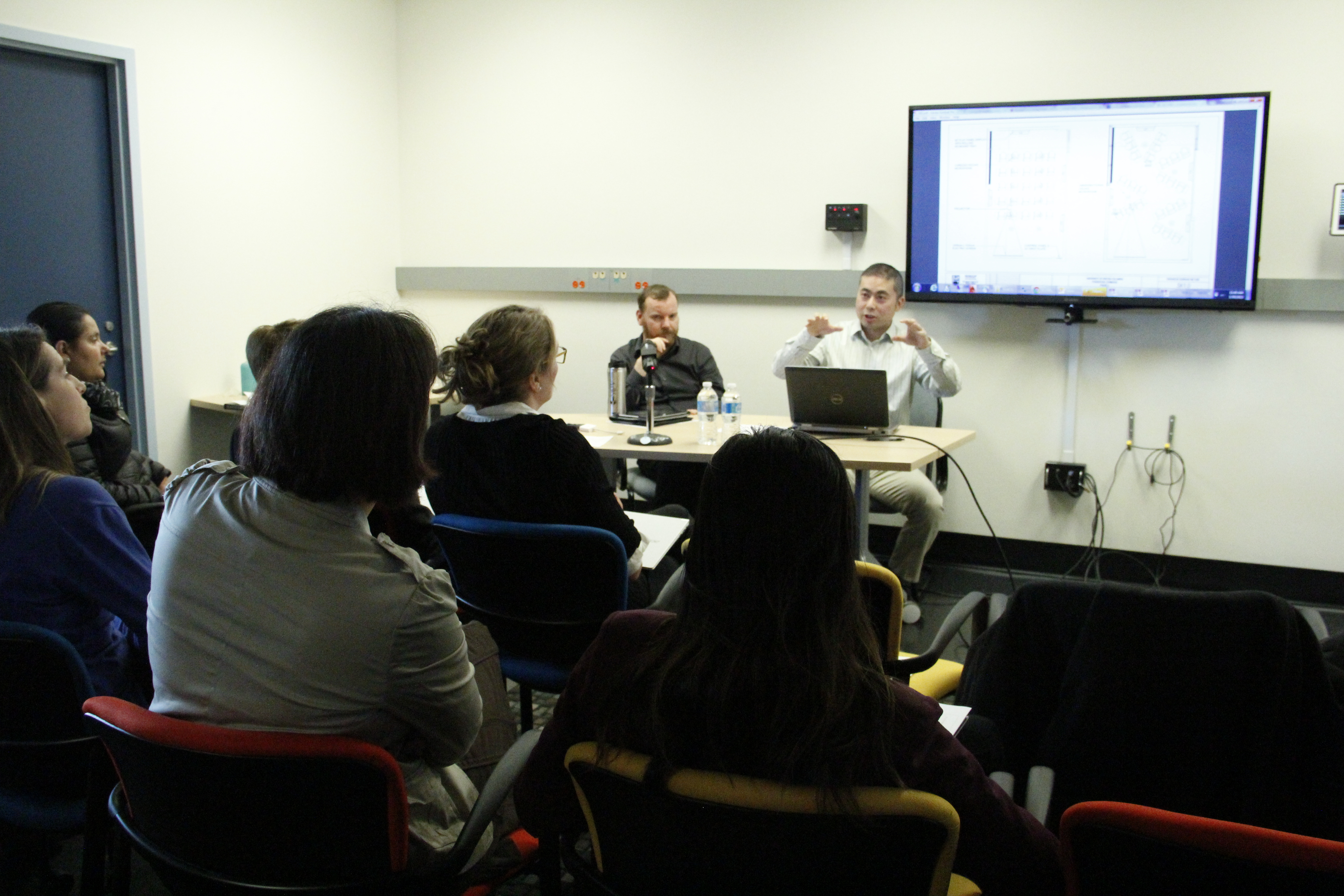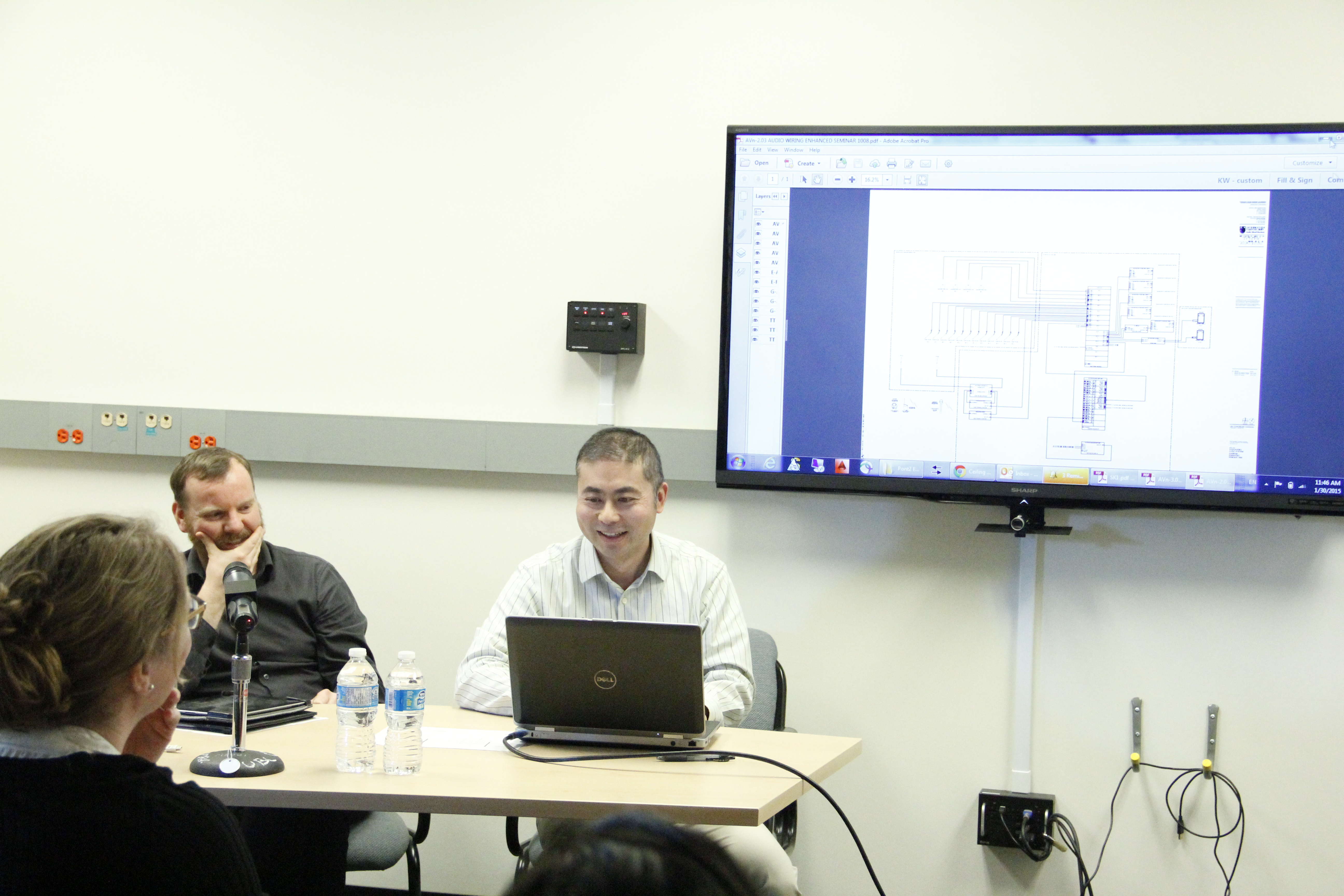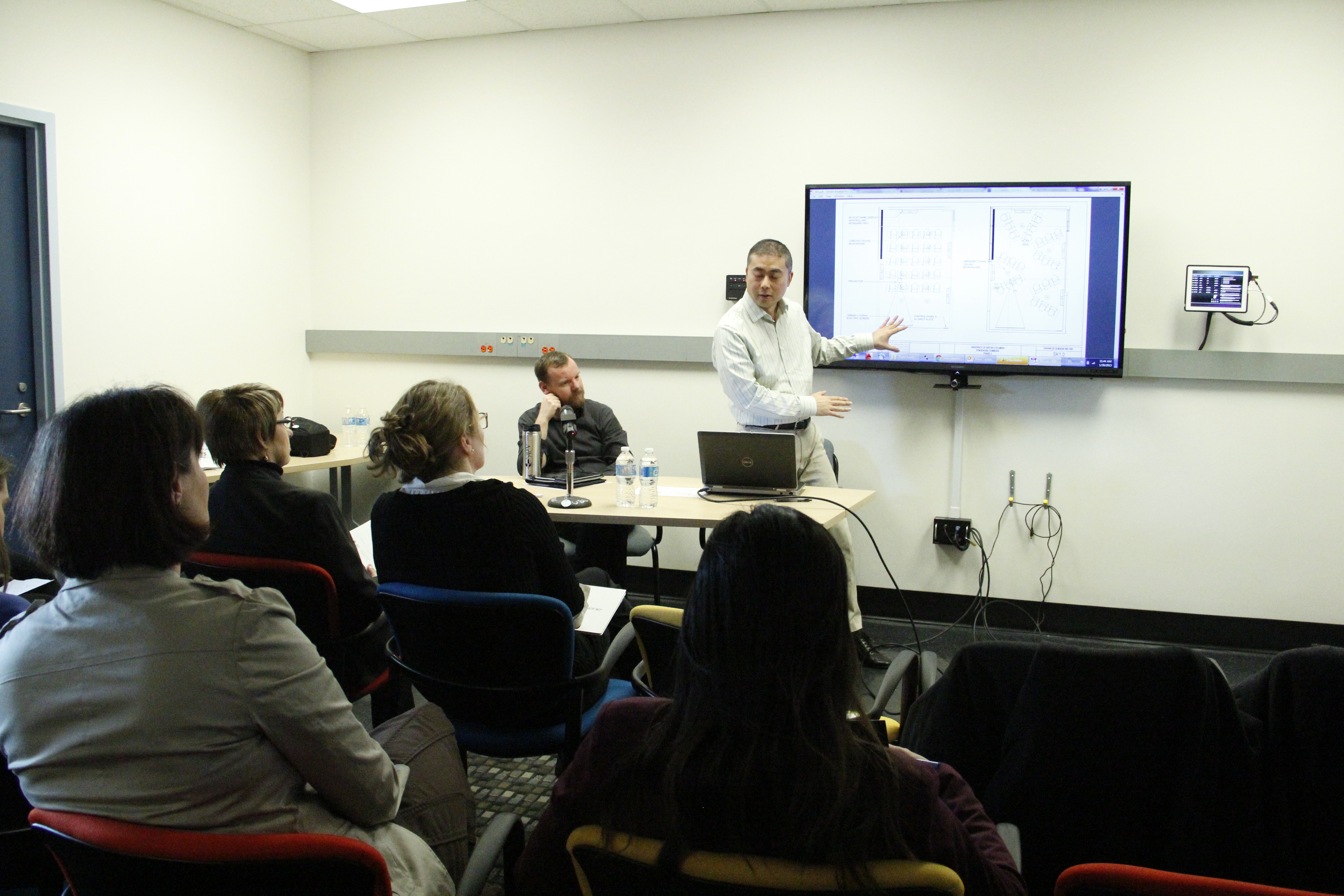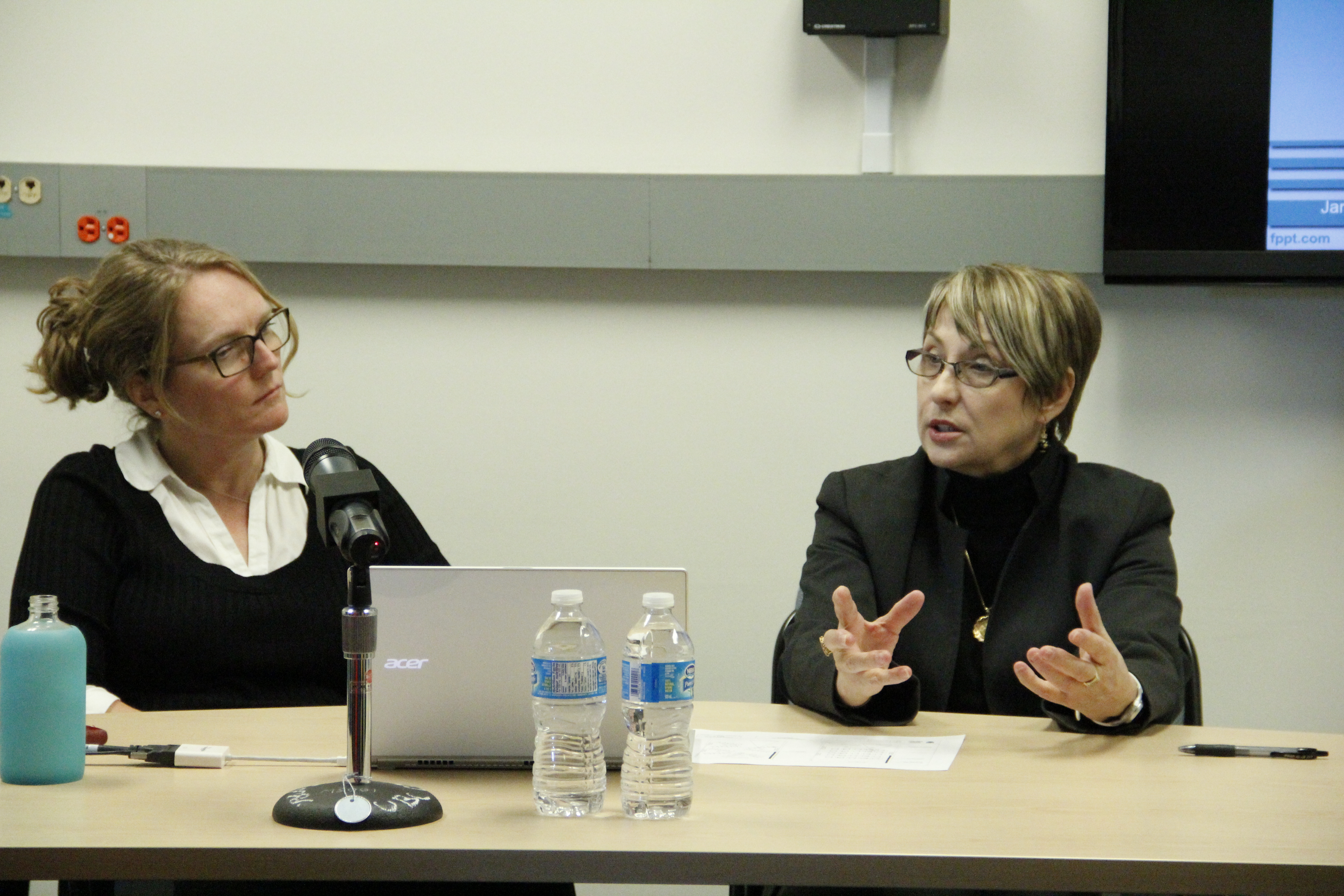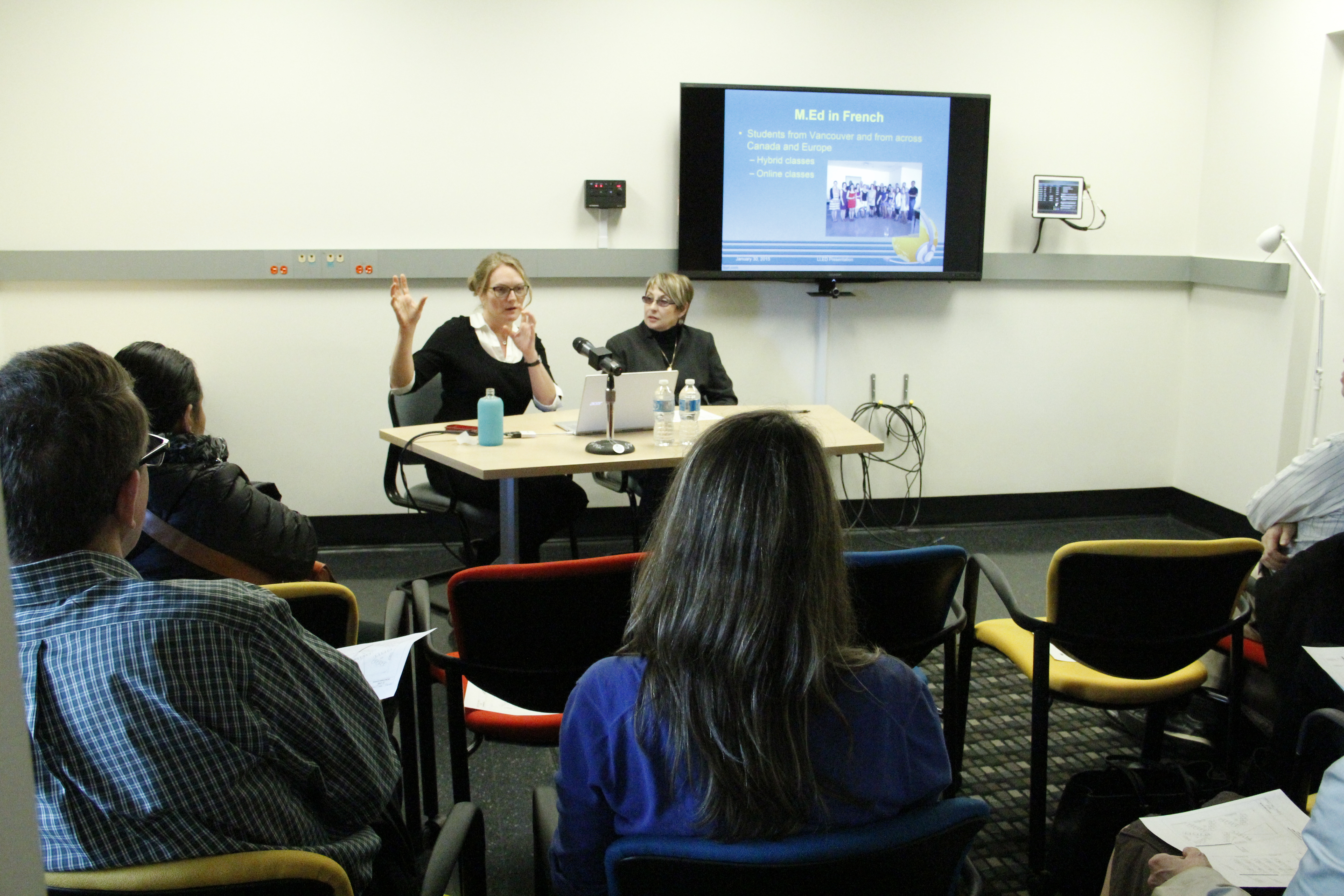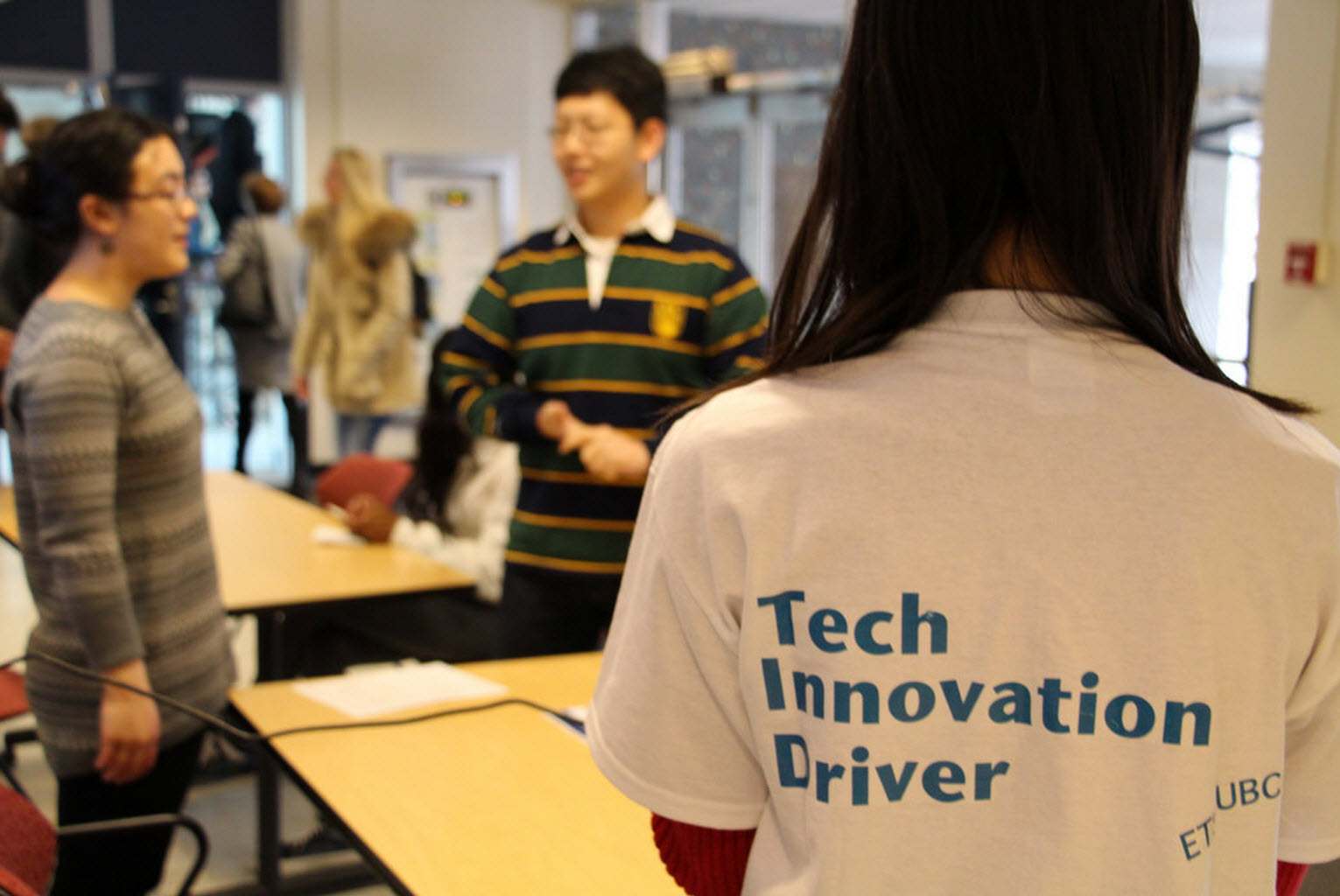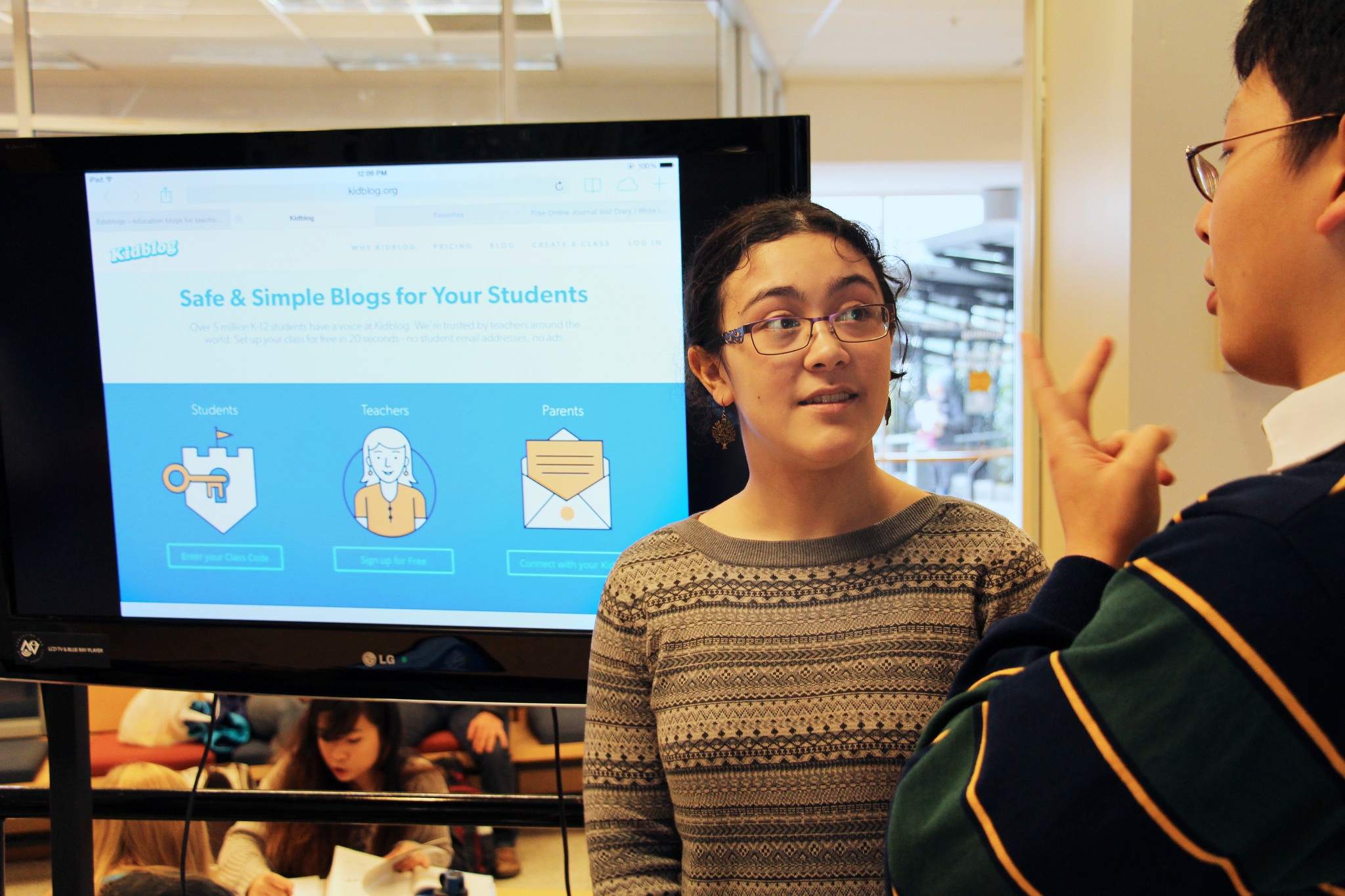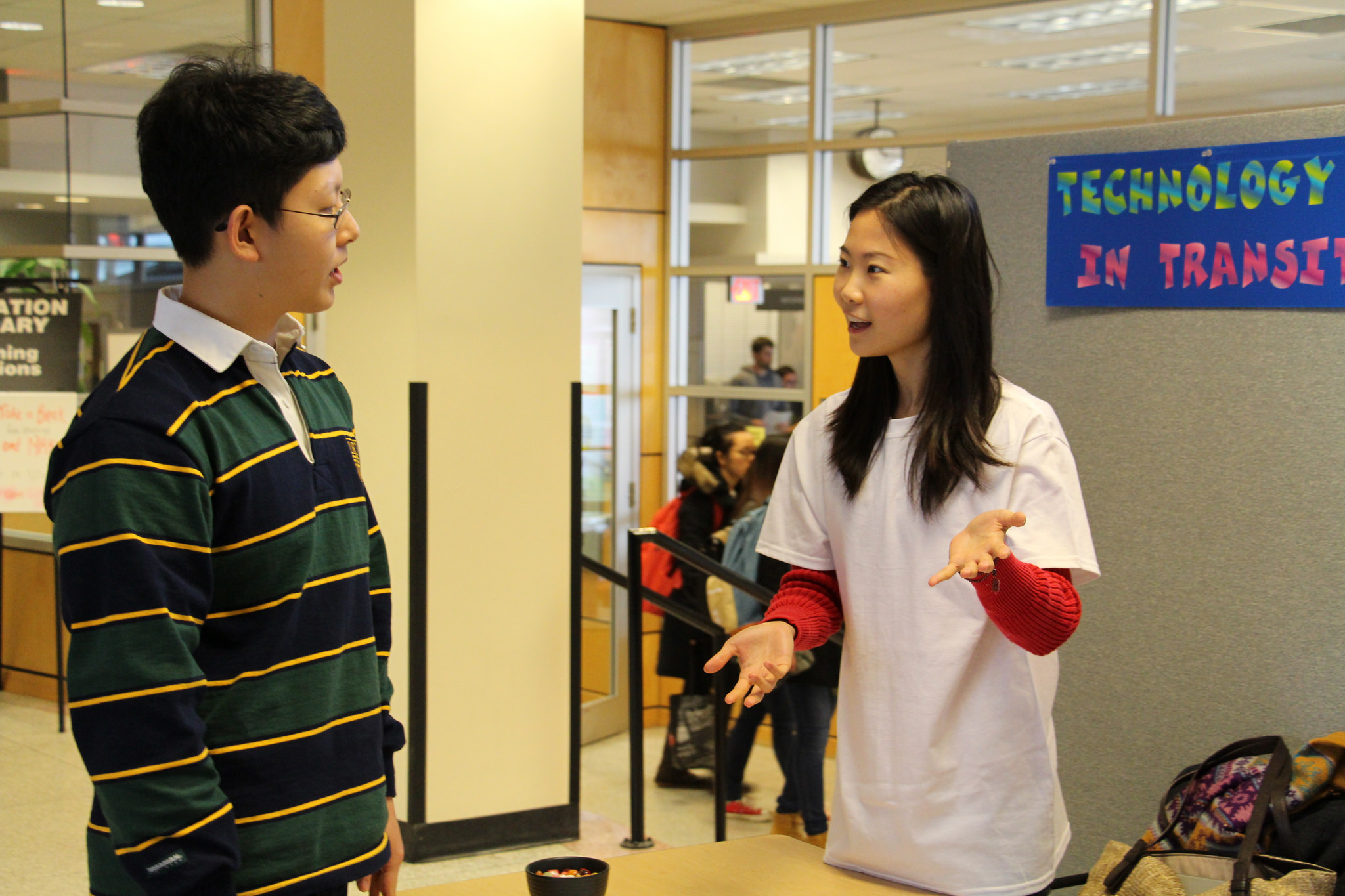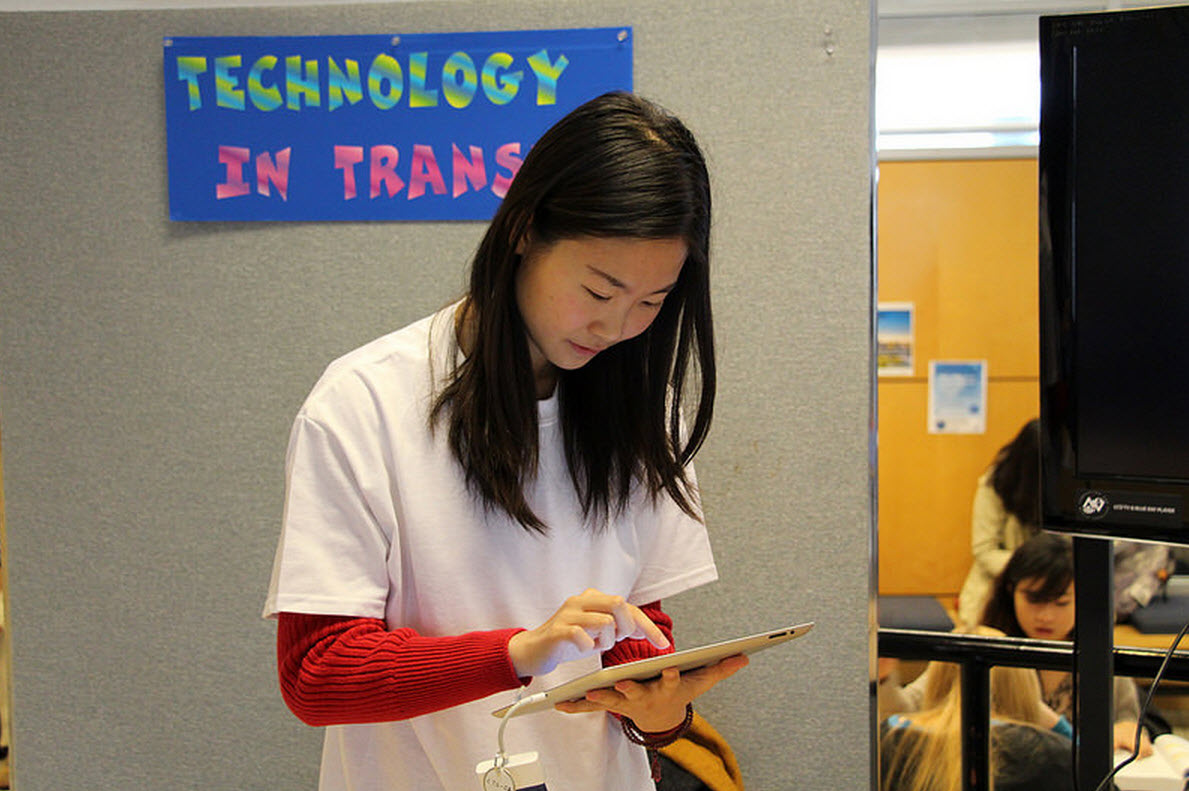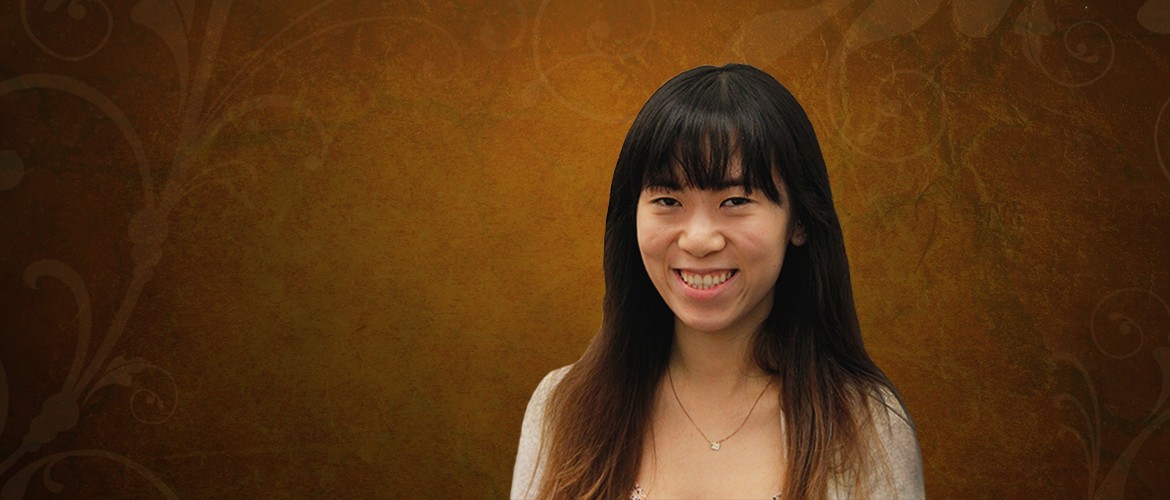Session Information:
Date: March 11th, 2015
Location: Scarfe Main Foyer
Time: 1:00pm – 2:00pm
Registration: Not required
Event Description
Drop by Scarfe Foyer at lunchtime on March 11th to see this month’s Technology in Transit showcase, which features mindmapping website instaGrok!
instaGrok is a research tool for students and teachers to use in the classroom. The website is set up using a brainstorming, or mind map, format. Users can search for any topic and the site will generate a web of many kinds of information on the topic. It also includes resources for the teachers, such as pre-made quizzes. Introducing this site to a classroom helps with research strategies, and provides a teachable moment to talk about credibility of sources.
Raising technology awareness is an important part of what we do. On the second Wednesday of every month, Educational Technology Support (ETS) hosts Technology in Transit. Technology in Transit is a space for Teacher Candidates and graduate students to demonstrate different teaching and learning technologies that they have been actively using. The one-hour session offers people the opportunity to engage with educational technology as they walk through the Scarfe foyer during their lunch break.
Presenter(s)
Our four featured students this month are B.Ed students from the Faculty of Education’s Personalized Learning and Technology cohort.
Cathy Andre
Teacher Candidate
Cathy is a Teacher Candidate in the UBC Bachelor of Education program 2015. Prior to attending UBC, she completed her undergrad with an Arts major in History at Kwantlen Polytechnic University in May 2013. She has been placed in the Surrey school district for her practicum, and hopes to try and use technology as an addition rather than a substitute in her teaching. She also tries to have fun with all her classroom lessons, as well as to create engaged and curious learners.
Charlie Cronin
Teacher Candidate
Charlie is a UBC BEd student with a background in psychology and French language and literature. She graduated from the University of Puget Sound in Washington with a Bachelor’s degree. Charlie is an elementary specialist in the Personalized Learning and Technology cohort.
Justine Johal
Teacher Candidate
Justine Johal obtained a Bachelor of Arts degree in Anthropology from Kwantlen Polytechnic University, and is currently in the Bachelor of Education: Elementary program at UBC. She decided to join the PL-Tech cohort to increase her knowledge on technology and education integration. She hopes to share her knowledge about technology as an educational medium with both students and teachers.
Matt Geisler
Teacher Candidate
Click on the slideshow to see more images. (3 total)
Evernote was the technology of the month at the February 2015 Technology in Transit showcase. Presenters Milana, Sarah, and Melanie showed how they created e-portfolios using Evernote to store all kinds of student work, including writing, art, and multimedia projects. Using Evernote, students and parents can easily access their work with little effort. Furthermore, teachers can leave comments and feedback on Evernote, allowing all parties to see and understand the student’s assessments.
Evernote is a cloud based system where you can store and access files across multiple devices. You can take notes from your work, to home, to meetings and more. The app is free and easy to use, and is easily implemented in the classroom.
The information sheet from this presentation can be found here.
Presenter(s)
Our three featured students this month were B.Ed students from the Faculty of Education’s Personalized Learning cohort.
 Milana Cecco
Milana Cecco
Teacher Candidate
Milana is a UBC B.Ed student with a background in History. She graduated from Thompson Rivers University with a Bachelor of Arts degree. Milana is specializing in elementary education and is currently learning how to incorporate technology into her classroom.
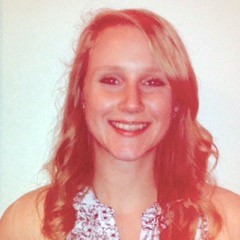 Sarah Gillies
Sarah Gillies
Teacher Candidate
Sarah is a UBC student who specializes in student centred learning environments. Sarah graduated from Kwantlen University with a Bachelor’s degree in Criminology. She is very interested in incorporating technology into the classroom, especially during her practicum. She is excited to implement a science unit plan that uses project based learning techniques in order to be more engaging for students.
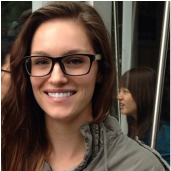 Melanie Ledlin
Melanie Ledlin
Teacher Candidate
Melanie specializes in Germanic Studies, and graduated from the University of Victoria with a Bachelor of Arts degree. Melanie also teaches German at the Surrey German School, where she tries to incorporate different technologies in her classroom, such as Google Docs and forms.

On July 8th and 9th this year, ETS will host our second annual TEC Expo event in the Scarfe building foyer at 2125 Main Mall. The Technology Enhanced Classroom (TEC) Expo is an annual event designed to showcase and celebrate creative, innovative, and effective uses of technology in face-to-face, hybrid, and online classrooms within the Faculty of Education.
This year the event will be held from 3:00 to 5:00 pm on each of the two days. The first day will have instructors showcasing the technology they use in the classroom, and the second day will feature students presenting educational technology they are passionate about.
TEC Expo uses technology to enhance the traditional poster session format, with presenters able to dynamically showcase their courses on electronic displays. While browsing between the tables, visitors are able to view demos and engage in conversation with presenters.
Event Schedule
Day 1: July 8
3:00pm — Dean’s welcome
3:05pm — Sixty Seconds of Fame
4:30pm — Raffle Draw
Day 2: July 9
3:00pm — Dean’s welcome
4:30pm — Raffle Draw
Don’t Miss This!
On July 8th, 2015, TEC Expo 2015 will kick off with Sixty Seconds of Fame, where faculty presenters will have exactly one minute to tell us about their topic.
May involve a gong!
On July 9th, 2015, experiment at our MakerSpace, where you can interact with play-based technology tools. Get your hands on Squishy Circuits, Google Cardboard and Raspberry Pi at this hands-on station!
See the Day 2 tab below for more info.
Expo Info
Online Literature Circles
Marianne McTavish, Senior Instructor, LLED
Literature Circles, derived from reader response theory, is a collaborative and student-centered reading strategy that provides students with opportunities to engage in critical thinking and reflection about texts. Literature circles are often used in face-to-face classroom contexts that highlight discussion, student response, free choice and collaboration. This presentation will focus on how literature circles can be used very successfully with students in online environments, and in particular, with UBC’s Connect platform.
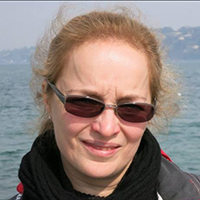
Using the PeerWise Online Resource to Promote Collaboration in Methods Courses
Marina Milner-Bolotin, Assistant Professor, EDCP
The presentation will showcase how a free on-line collaborative resource, PeerWise (https://peerwise.cs.auckland.ac.nz/), can be used in methods courses to promote teacher-candidates’ collaboration on designing conceptual multiple-choice mathematics and science questions. Our research team has collected research evidence proving that this collaboration helps teacher-candidates gain Pedagogical Content Knowledge in the field as well as acquire important skills in question-driven inquiry-based pedagogy.
Video Lecturing Using Camtasia
David Anderson, Professor, EDCP
This showcase will feature how Camtasia can be used to create and integrate video lectures using Powerpoint, and how these affect online course delivery.
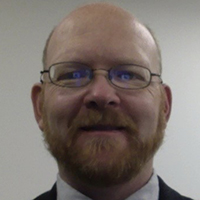
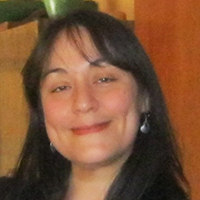
Preventing Academic Misconduct in Online Adult Education Courses
Dave Smulders and Carolina Palacios, Sessional Instructors, EDST
The combination of mainstreaming of online courses at UBC and opening up registration of adult education courses to a wider target audience over the past few years has resulted in many more students enrolling in Adult and Higher Education (ADHE) courses than ever before.
As the student numbers increase, so have the incidences of suspected academic misconduct. While the Internet and social media have impacted academic misconduct, online digital tools can also be utilized to help ensure student work is done sincerely and originally. In this presentation, we share what we have learned and consider potential solutions that can both reduce academic misconduct and enhance the teaching and learning experience.
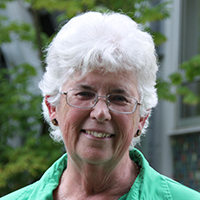
The Dadaab Project
Elizabeth Jordan, Senior Tenured Instructor, ECPS
I would like to show some of the ways we are presenting these courses to untrained teachers in the Dadaab UN Somali Refugee Camp in Kenya. Each course has had a number of technological challenges so much of the presentation is how we got around these difficulties.
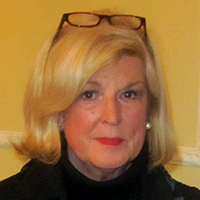
Teaching Children’s Literature Online
Kathryn Shoemaker, Adjunct Professor, SLAIS, Sessional Instructor, LLED
This presentation focuses on creating and teaching an online class on teaching children’s literature that includes interactive engaging activities and opportunities for learners to reflect and respond to a variety of texts in multiple forms and modalities. I began this work with some fear that I would miss the stimulation of face-to-face teaching, the chemistry a group of teachers usually brings to the course, the highly visual content, and the opportunity to respond immediately to the interests of the students. Happily, some of the things I worried about were replaced by wonderful new teaching experiences. While I am truly a technology immigrant treading water, my work with Connect and support staff produced an interesting and engaging course.
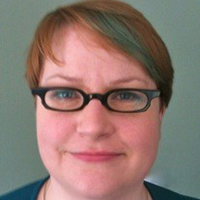
Digital Storytelling in Career Counselling
Barbara Smith, Instructor, ECPS
There is a significant trend towards narrative approaches emphasizing storytelling in career counselling. Students in my sections of CNPS 363 transform an informational interview project into a digital story. They learn intervention, technological and story telling skills, and how creativity is not only possible but essential in career counselling practice to effectively engage clients in more meaningful ways.
Ponderosa Innovative Classroom
Kirk MacDonald, Project Manager, IT A/V Services, and Ken Watanabe, Senior A/V Designer, IT A/V Services
Kirk and Ken will be introducing everyone to the Faculty of Education’s Innovative Classroom in the upcoming Ponderosa Phase II. Their presentation will be focused on the design and functionality aspects of the room.
Reconciliation Through Indigenous Education: A Massive Open Online Course
In January the Faculty of Education launched its first MOOC: Reconciliation Through Indigenous Education. On September 29th we will launch it again! This massive open online course created a free opportunity for thousands of teachers in Canada and the world to learn about Indigenous education and how it can be incorporated into their practice. Ian Linkletter from Educational Technology Support will share some of the lessons learned about designing and delivering a course at massive scale.

Collaborative Learning Annotation System
The Collaborative Learning Annotation System (CLAS) enables students, instructors, and other observers to embed notes and video feedback directly on a video timeline. It streamlines the commenting and reviewing process, and encourages more active engagement with the video. In a flipped classroom, CLAS can be used for students to post questions or bookmark parts of the video to review later. CLAS has been used in peer assessments, peer learning and collaboration. When students actively engage with video content and build knowledge collaboratively, they become responsible for one another’s learning as well as their own. Sharon Hu from Educational Technology Support and Thomas Dang from Arts ISIT will be co-presenting this session.
Learning beyond 4 Walls: Community & Collaboration with ELL/ESL Learners
Janis Griffioen, PLTech BEd 2014 Alumna
As technology expands, learning beyond four walls is becoming not just a fad but a necessity. The focus of this presentation will be how to establish a classroom community and develop digital citizenship using classroom websites and student blogs, with an emphasis on ELL learners.
Come examine how a personal classroom website facilitated the collaboration between a local ESL/ELL district teacher and her colleagues, students, and their parents. This inclusive learning environment was created using Weebly and KidBlog. These tools enabled students to practice skills learned in class while also building a positive digital passport.
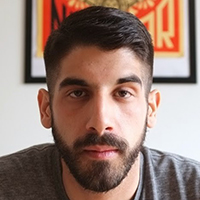
Games & Learning
Dominic Maggiolo
Game mechanics are an integral part of learning. The design concepts, much like designing learning goals, curriculum and lessons, can be tied to the ways in which we learn. I hope to link learning styles and gaming mechanics in ways which educators can apply practically in a variety of forms.
Game mechanics allow students to evaluate situations, make decisions which involve a dynamic perspective and drive logic. Learning resource management, spatial analysis, critical thinking, creativity, history and physics; game-based learning has transformed pedagogy. Blended-learning, innovative pedagogy and game mechanics enable students to immerse themselves within an environment that is challenging and creative, but more importantly
familiar and safe.

Integrating Technology Education
Duncan McDonald
Every course can be made hands on and involve technology. I don’t mean smart boards, I mean designing courses that have students using technology education to assist with the learning process. Benjamin Franklin once said, “Tell me I will forget, teach me and I will remember, engage me and I will learn.” Technology is a means of engaging students. Every course can build aspects of Technology Education into their courses to engage students.
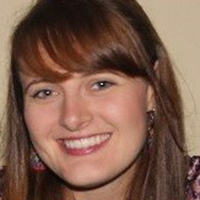
Explaining Everything
Brittney Merryweather
Explain Everything is an easy to use interactive whiteboard and screencasting app. Teachers or students can use the app to visually represent information, materials, and lessons. The app allows you to draw, type, and import images, videos, pdfs and PowerPoint presentations. The whole process can be recorded with or without narration. The app can be used by teachers as supplementary instruction, instructional review, media at a specific station during collaborative group work, and much more. The app can be used by students to demonstrate understanding of a concept or task, to record work with narration for later studying, and much more. Explain Everything allows you and your students to create dynamic multimedia content to support teaching and learning.
Personal Response Devices
Reid Teichroeb
I will be discussing how i used personal response devices in my practicum and some research about it.
Using Geographic Information Systems in the Elementary Classroom
Amanda Younger
I am sharing how I have used GIS specifically ArcGIS with my grade 4/5 students to increase their understanding of Canadian Geography by choosing which information they wanted to display on their final output maps, and observing the relationship between different layers of information.
Fresh Grade
Michelle Torresan
Fresh Grade has made my life during my teaching practicum a breeze. I am looking forward to showing you how it can be used as a grade book, a platform to showcase students’ work, a communicative tool and more. I chose to use Fresh Grade in my classroom because it is easy to use for both the teacher and the students. It encourages student growth and allows the teacher to note and record academic growth in one user-friendly platform.
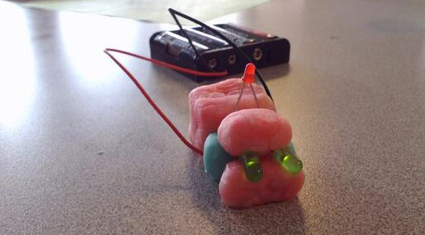
Makerspace
Drop by the ‘Makerspace’ Table and explore the blend of low- and high-tech materials as you learn to ‘make’! The power of play in learning has long been emphasized in the early years. More and more, educators are seeing the potential for play in intermediate, middle and high school as a vehicle for engagement and deeper learning. Hands-on manipulative activities across disciplines are being recognized as essential for student success. ‘Making’ has the potential to spark creativity and innovation by creating habits of curiosity, questioning, trial and error, problem solving and exploration.
|
|
Facilitators
Justine Johal (PLTech cohort TC 2015)
Milana Cecco (PLTech cohort TC 2015)
Yvonne Dawydiak (PLTech cohort coordinator)
Bill Pickard (ETS)
|
Acknowledgments
ETS would like to thank the following supporters for their contributions to TEC Expo 2015.
|
|

UBC Professional Development & Community Engagement
Professional Development & Community Engagement works collaboratively with academic units in the Faculty of Education and outside groups to offer innovative programs that respond to the learning needs of educators, locally and globally.
|

Faculty of Education — Dean’s Office
The Faculty of Education is one of the leading Faculties of its kind in the world, advancing educational research and understanding of teaching and learning in a way that celebrates diversity, equity, and innovation, and welcomes international collaboration in an increasingly borderless globe.
|
Session Information:
Date: February 11th, 2015
Location: Scarfe Main Foyer
Time: 12:00pm – 1:00pm
Registration: Not required
Event Description
Drop by Scarfe Foyer at lunchtime on February 11th to see this month’s Technology in Transit showcase, which features note-taking software Evernote!
Evernote is a cloud based system where you can store and access files across multiple devices. You can take notes from your work, to home, to meetings and more. The app is free and easy to use, and is easily implemented in the classroom.
Raising technology awareness is an important part of what we do. On the second Wednesday of every month, Educational Technology Support (ETS) hosts Technology in Transit. Technology in Transit is a space for Teacher Candidates and graduate students to demonstrate different teaching and learning technologies that they have been actively using. The one-hour session offers people the opportunity to engage with educational technology as they walk through the Scarfe foyer during their lunch break.
The information sheet from this presentation can be found here.
Presenter(s)
Our three featured students this month are B.Ed students from the Faculty of Education’s Personalized Learning cohort.
 Milana Cecco
Milana Cecco
Teacher Candidate
Milana is a UBC B.Ed student with a background in History. She graduated from Thompson Rivers University with a Bachelor of Arts degree. Milana is specializing in elementary education and is currently learning how to incorporate technology into her classroom.
 Sarah Gillies
Sarah Gillies
Teacher Candidate
Sarah is a UBC student who specializes in student centred learning environments. Sarah graduated from Kwantlen University with a Bachelor’s degree in Criminology. She is very interested in incorporating technology into the classroom, especially during her practicum. She is excited to implement a science unit plan that uses project based learning techniques in order to be more engaging for students.
 Melanie Ledlin
Melanie Ledlin
Teacher Candidate
Melanie specializes in Germanic Studies, and graduated from the University of Victoria with a Bachelor of Arts degree. Melanie also teaches German at the Surrey German School, where she tries to incorporate different technologies in her classroom, such as Google Docs and forms.
Click on the slideshow to see more images. (7 total)
On January 30th, 2015 ETS hosted a panel on innovative teaching using the upcoming Ponderosa building’s new enhanced seminar room.
Presenters Monique Bournot-Trites and Meike Wernicke gave a detailed description of how they use innovative digital tools, such as Connect, Collaborate, and CLAS, to work with their M.Ed cohort of French Immersion teachers across the country. Dr. Bournot-Trites and Dr. Wernicke discussed their learning experiences with educational technologies, and new applications and improvements of these tools. There was an engaging discussion of the unique challenges and opportunities that come with teaching in blended learning environments.
Afterward, Kirk Macdonald and Ken Watanabe presented the layout and features of the planned enhanced seminar room, which include cutting-edge audiovisual equipment for classroom recording, a dynamic seating arrangement, and several web conferencing stations. Attendees had many thoughtful questions, and left feeling excited about the possibilities for course development that these speakers showcased.
Presenters

Monique Bournot-Trites
Monique Bournot-Trites is an Associate Professor in the Department of Language and Literacy Education at the University of British Columbia. She teaches second language methodology in the Teacher Education program and courses in second language assessment and research methods and reading foundations at the graduate level. She has developed and now supervises a French M.Ed. cohort at UBC. The 4th cohort started in September 2014. Recently, she has been the project lead for writing the Theoretical Language Framework for the Canadian Language Benchmarks. She did her Master’s Degree (1986) in School Psychology at UBC, and the title of her thesis is: “Bilingualism and Reasoning Ability”. Her Ph.D. (1998) was in Educational Psychology at UBC. The title of her Ph.D. dissertation is: “Relationships between Cognitive and Linguistic Processes and Second Language Production in French Immersion.” She taught grade 1 and grade 3 French immersion and most of her research interests are in French immersion, including second language acquisition, learning content in a second language, grammar teaching and learning, assessment and language assessment, literacy, intercultural competence, and learning disabilities.
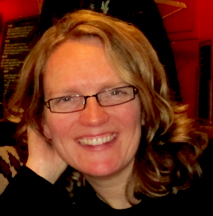
Meike Wernicke
Meike Wernicke is a graduate from SFU with an M.A. in French Linguistics and from UBC with a Ph.D. in Language and Literacy Education. She currently teaches courses in applied linguistics and second language education in the French M.Ed. program in the Faculty of Education at UBC. As a German instructor she supervised the German Department at Capilano University from 2002 until 2013, and now teaches French in addition to co-coordinating the First-Nations Language and Certificate Programs at Capilano. Her research focuses on second language teacher professional development, French second language education, and plurilingualism in language teaching and policy. Meike is a Board Member for the Vancouver Westside German School and chair of the Standing Committee on Language Articulation (SCOLA) Working Committee for the adaptation of the Common European Framework of Reference for Languages (CEFR) for post-secondary language education in British Columbia.
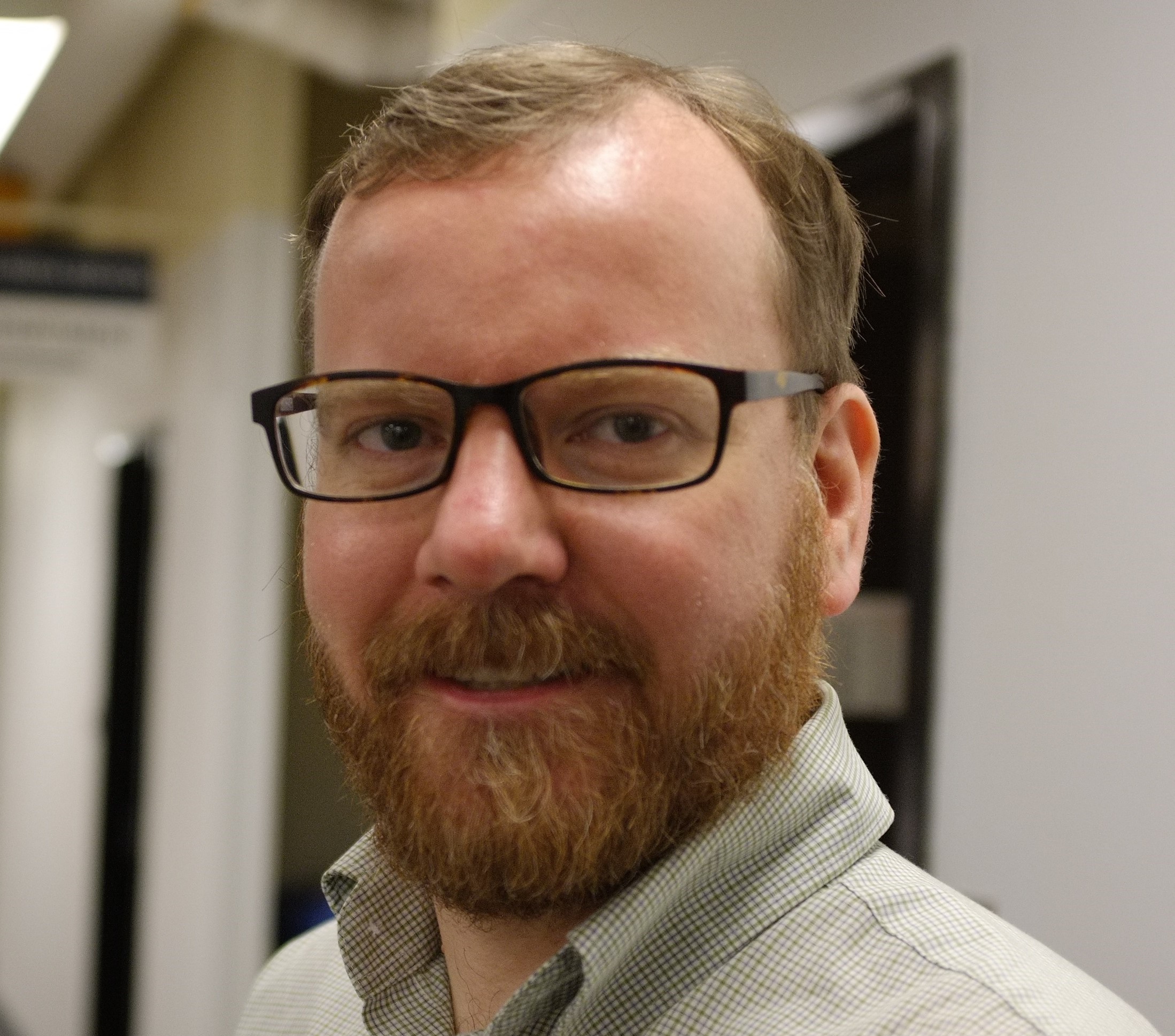
Kirk Macdonald
Kirk Macdonald has been a project manager with UBC IT – Audio Visual Services since 2011. He is responsible for the planning, design, procurement, and management of AV system installations across the UBC campus, and is the primary point of contact for AV systems on the Ponderosa Phase 2 project. He has 15 years of experience in the Audio Visual industry, and managed all AV systems at the Vancouver Aquarium prior to joining UBC.
Ken Watanabe
Ken Watanabe is a member of UBC IT – Audio Visual Services. He is responsible for AV systems design, infrastructure planning and project management for campus wide projects ranging from small to medium sized class rooms, lecture theatres and new construction. He is an experienced electronics technologist with over 16 years of combined experience in the areas of Audio Visual, broadcast, and electronics engineering.
For our January 2014 installment of Technology in Transit, Baoying Fu demonstrated how teachers can use blogging to manage classrooms and assignments, and increase class participation and parental engagement. She showcased services such as Svbtle, Kidblog and Edublog as tools which help to expand the classroom by allowing students to review and comment on lessons, and practice what they have learned in settings like ESL classrooms.
The information sheet for this event can be found here.
Click on the slideshow to see more images. (4 total)
Presenter:
Baoying Fu is a UBC B.Ed student in the International Baccalaureate (IB) Diploma Program (DP) Cohort. She teaches English and ESL. She has always wanted to incorporate technology in the classroom as she believes that it allows students to learn beyond classrooms and to create works of their own.
ETS is pleased to announce that Jenny Ho has been selected to receive the UBC Arts Co-op 2014 Student of the Year award! Jenny worked with ETS as a TECwhiz during the Fall 2014 term, helping Teacher Candidates in the B.Ed program develop their e-portfolios and promoting the use of learning technologies within the Faculty of Education. Jenny was selected as Student of the Year due to her excellence in several areas the award seeks to recognize, including the impact she had in her workplace as well as her contributions to the Arts Co-op program and the UBC community.
Congratulations, Jenny! We wish you all the best in your future endeavours!
Each term, Educational Technology Support hosts a 3-hour orientation for new and experienced instructors and TAs. This session is supported and highly recommended by the Dean’s office.
In January 2015, the ETS team facilitated two “Orientation to Learning Technology” workshops. We had a diverse group of attendees from every department in the faculty, all united by their interest in finding out more about learning technologies and how they could use them to enhance their students’ educational experiences.
Click on the slideshow to see more images. (5 total)
The workshop covered a wide range of topics. Natasha Boskic and Sharon Hu discussed the many pedagogical aspects and delivery models of online, blended, and flipped classroom environments. Ian Linkletter described the variety of services available through Connect, including communication tools, content organization and Library Online Course Reserves. Bill Pickard went over the contact information for various types of support and the wide suite of learning technologies available to instructors and students, such as Kaltura, Collaborate, WordPress, Camtasia, and CLAS. Instructors had the chance to explore these applications, ask questions, and exchange ideas about how they could use them in their classrooms.
Lots of information was passed around during the two “Orientation to Learning Technology” sessions, but the energy in the room remained high throughout both sessions. By the end of the 3 hours, attendees came away feeling confident and better equipped to take control of technology in their teaching.
In November 2014, Teacher Candidates experienced their first ever Mystery Skype session. The purposes of this session were to have Teacher Candidates experience technology integration in the classroom, as well as developing an understanding of how Skype can be used in education. The grade 7 honours science class they Skyped was located in Waxahachie, Texas!
Click on the slideshow to see more images. (4 total)
For our November 2014 Technology in Transit showcase, B.Ed student Brittney Merryweather demonstrated how she uses Explain Everything in the classroom. Explain Everything is an interactive whiteboard and screencasting app for iPad. Brittney used the app during her teaching practicum to create animated cartoons, record step-by-step solutions for difficult math problems, and much more!
Click on the slideshow to see more images. (6 total)



